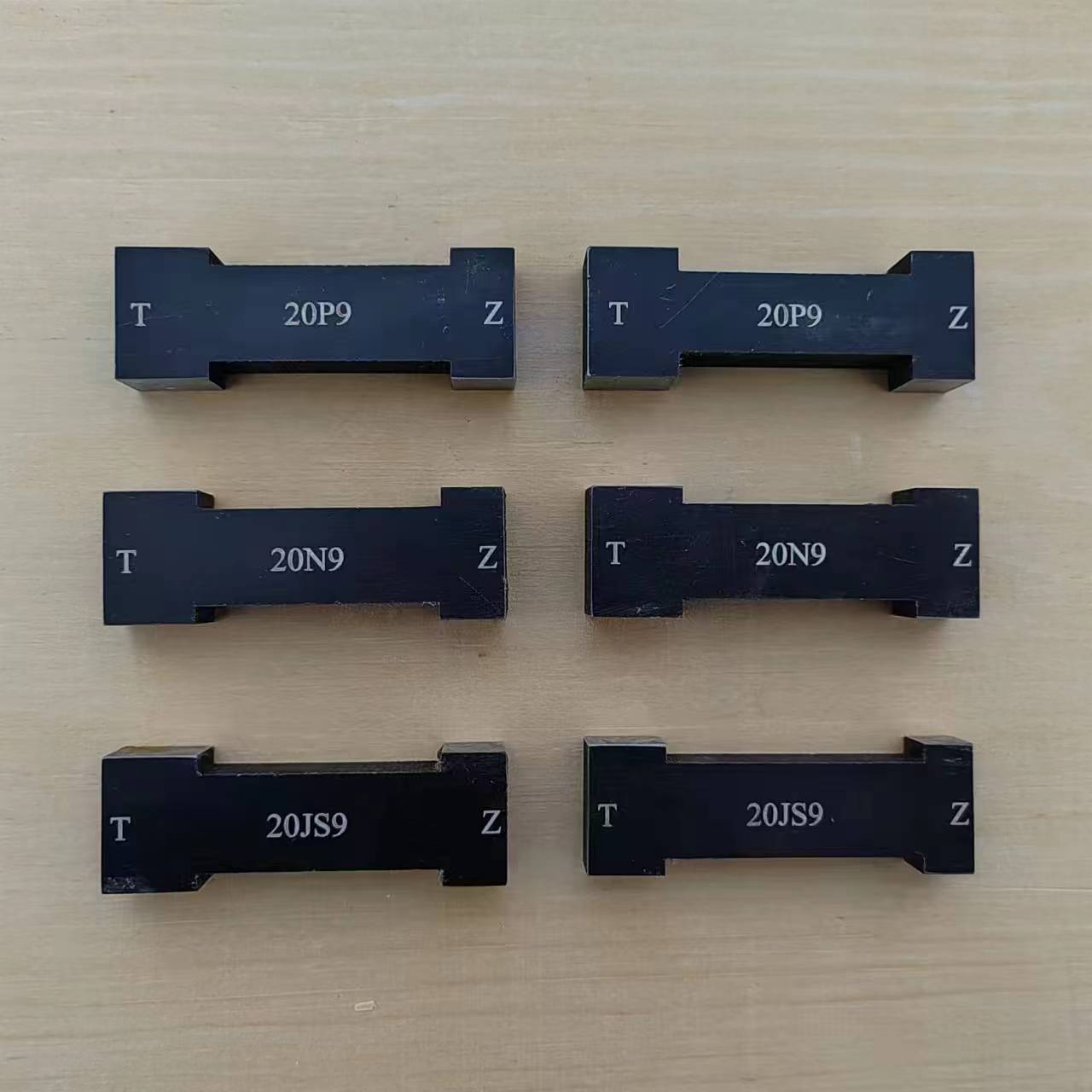Aug . 02, 2024 14:45 Back to list
Enhancing Accuracy and Durability with Precision Engineered Granite Cubes for Various Applications
Precision Granite Cube Elevating Standards in Measurement and Calibration
In the realm of metrology and precision engineering, the significance of accuracy cannot be overstated. Among the various tools employed to achieve exceptional precision, the granite cube stands out as a cornerstone in the field of measurement. These precision granite cubes have made a significant impact in ensuring that measurements are both reliable and repeatable, thus setting a benchmark for quality across diverse industries.
Granite, a natural stone formed over millions of years, is ideal for precision instruments due to its unique characteristics. It has a low coefficient of thermal expansion, which means that it remains stable even under varying temperature conditions. This thermal stability is crucial in laboratories and manufacturing environments where temperature fluctuations can lead to variations in measurements. Furthermore, granite is exceptionally durable and resistant to wear, which ensures longevity and consistency in performance.
Precision granite cubes are meticulously manufactured to exacting specifications. The production process involves careful selection of high-quality granite blocks, followed by precision machining to achieve exact dimensions and surface finishes. This meticulous attention to detail ensures that the cubes provide a reliable reference point for calibration and measurement. The standard size of these cubes typically varies, but they are often produced in 100mm, 150mm, and 200mm dimensions, catering to various applications in different fields.
precision granite cube

One of the primary purposes of a precision granite cube is to serve as a primary standard for calibrating measuring instruments. In industries such as automotive, aerospace, and manufacturing, the accuracy of measurements is paramount. Engineers and quality assurance professionals utilize granite cubes to calibrate gauges, CMMs (Coordinate Measuring Machines), and other measuring devices, ensuring that they produce precise and reliable results. When a measuring instrument is checked against a precision granite cube, any discrepancies can be identified and corrected, thus maintaining the integrity of measurement processes.
In addition to its application in calibration, the precision granite cube also plays a vital role in inspection and quality control. By providing a stable and accurate surface for tests and measurements, it enables technicians to assess the dimensions and geometries of components effectively. This capability is particularly important in high-stakes industries, where even the slightest deviation can lead to significant defects or failures.
Another advantage of precision granite cubes is their ability to minimize errors caused by environmental factors. Unlike metal surfaces that can expand or contract with temperature changes, granite’s stability ensures that the reference points remain unchanged, allowing for more accurate measurements. Furthermore, the non-porous nature of granite makes it resistant to contaminations, such as oil or dust, which could interfere with measurements.
In conclusion, precision granite cubes are indispensable tools in the pursuit of accuracy and precision in measurement and calibration. Their durability, thermal stability, and ability to maintain dimensional integrity under various conditions make them the ideal choice for calibration standards in precision engineering. As industries continue to demand higher accuracy and quality control, precision granite cubes will undoubtedly remain at the forefront, setting the standard for measurement excellence. Whether it is in a research laboratory, a manufacturing facility, or an industrial inspection environment, precision granite cubes will continue to elevate measurement practices and contribute to the advancement of technology and quality assurance.
-
Thread Plug Gauge Our Promise of Measurement ExcellenceNewsAug.22,2025
-
Gauge Pin Class Reflecting Quality LegacyNewsAug.22,2025
-
Check Valve Types for High Rise BuildingsNewsAug.22,2025
-
Water Control Valve for Irrigation SystemsNewsAug.22,2025
-
Gate Valve with Soft Seal TechnologyNewsAug.22,2025
-
Y Type Strainer for Oil and Gas ApplicationsNewsAug.22,2025
Related PRODUCTS









